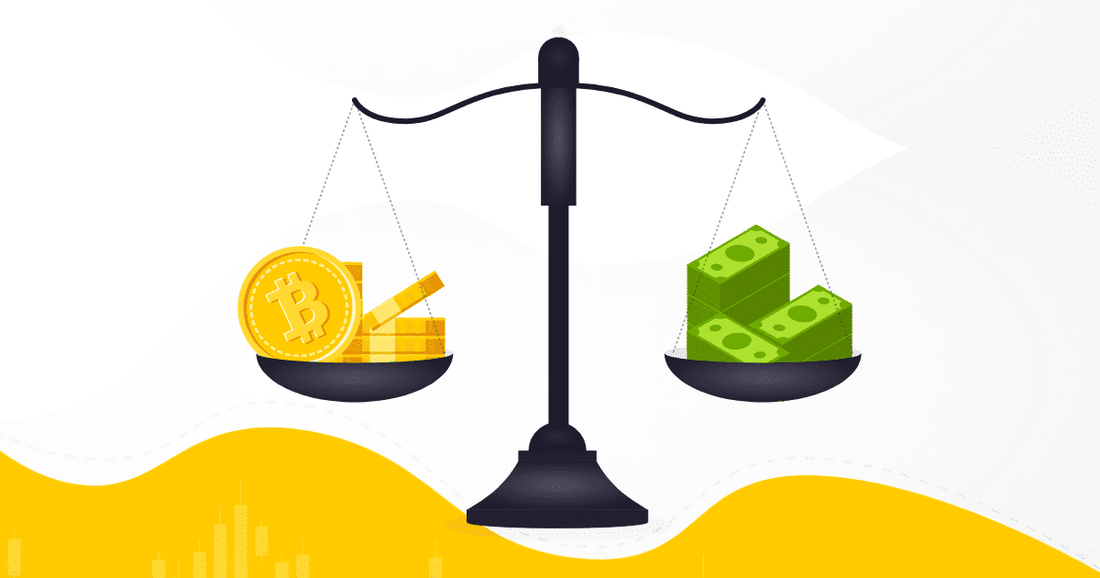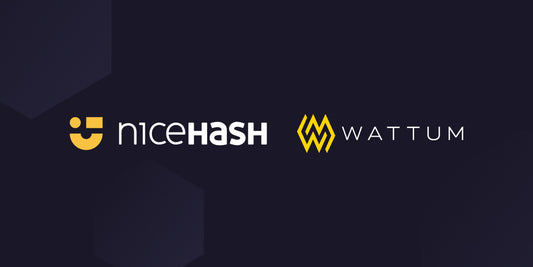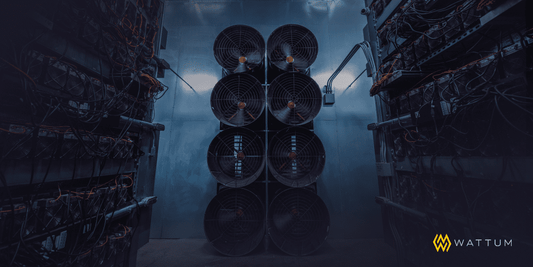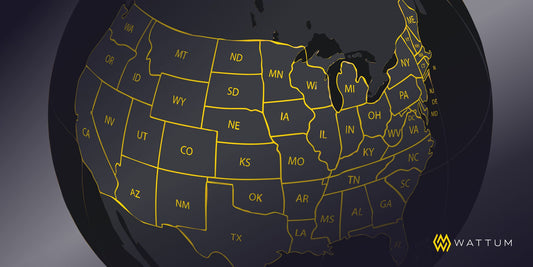"How many millionaires do you know who have become wealthy by investing in savings accounts?” Robert G. Allen once asked.
DeFi, short for ”decentralized finance”, is a field within crypto that is sparking conversation around how financial applications in cryptocurrency are moving towards disrupting financial intermediaries. An often overlooked opportunity, it is valuable to know how to leverage these financial applications in order to accrue interest on your mined Bitcoin.
What is DeFi?
Decentralized finance offers a variety of financial services without a middleman, utilizing blockchain technology and the Ethereum platform which allows for multiple copies of the same general ledger. Traditional existing financial systems such as your Bank, or even PayPal have an intermediary which can decrease the speed of your transactions. Shark Tank public figure and millionaire investor Kevin O’Leary has invested heavily into DeFi and is a major shareholder in software company WonderFi (formerly known as DeFi Ventures). Within the scope of DeFi lies a variety of applications, including decentralized exchanges, smart contracts, lending platforms, and stablecoins.
The latter is a cryptocurrency tied to an external asset (U.S. dollar, gold) to help stabilize the value of the coin. The dollars you have in your bank can be placed in stablecoins. Placing your assets under the FDIC accounts of major digital asset companies such as Circle can allow you to be covered by U.S. Federal Deposit Insurance Corporation (FDIC) policies. Alternatively, investing in Bitcoin mining equipment and placing the rewards into stablecoins would also allow you to compound your return past mere savings.
Currently, FDIC, which exists to ensure financial stability and instill confidence in the American financial system, only insures up to $250,000. However, this does not mean that your money is not protected. When dealing with publicly regulated companies, you can rest assured that the Financial Industry Regulatory Authority (FINRA) is overseeing its activity on a regular basis. In order to broker cryptocurrency in the United States, companies must obtain proper certification from FINRA since they are dealing with securities. If your broker has a certification, FINRA can help you deal with fraud and scams.
Innovation using DeFi
Decentralized Finance offers a variety of new applications, often based on the smart contract deployability of Ethereum. This means if certain conditions are met, transactions are executed. In practice, this can be seen as an employee receiving a commission, but only if they reach a certain sales threshold by the end of the month, which is written into the contract. If the employee meets the criteria (hitting the sales target), then the contract will be automatically executed and money will be sent.
Decentralized Exchanges (DEXs) are a common application that allow users to exchange a variety of fiat and cryptocurrencies. These differ from traditional online exchanges by connecting users directly with others so they can trade their coins without needing an intermediary to conduct the transaction.
A concept gaining traction internationally is Stablecoin. These mitigate the key hesitation many have with cryptocurrency, which is its volatility. The value of certain Stablecoins are tied to an external asset, such as the U.S. dollar or gold, to maintain a stable value.
There are a multitude of DeFi applications beyond those mentioned, all of which provide a unique value to the user that cannot be replicated with traditional finance.
Increasing Popularity
Earlier this year, the DeFi market held more than $100 billion in assets by some measures, thanks to an influx in the use of stablecoins and other DeFi applications. DeFi lending platforms can enable miners to accrue large amounts of interest on their mined crypto compared to traditional investing, as DeFi loans allow individuals to loan their crypto to others. This cryptocurrency is then further loaned to others who put up collateral to back the loan, and the lender receives interest that is algorithmically set based on supply and demand.
A prominent player that is making headlines in this market is Genesis Capital, who lends these funds to larger exchanges like Binance and Coinbase to fund their margin accounts. These investments are protected by over-collateralizing these loans, meaning that the exchange must maintain a required amount, typically 15-20% of the loan, in their margin account. This ensures funds are never lost. These interest rates have remained steadily high at 8%, as there is a higher demand than supply, but will decrease should the lender-base significantly increase.
Impacts of Inflation
With record breaking money production amidst the pandemic-caused economic strain, concerns have been raised regarding the global impacts of rapid inflation. Deutsche Bank has gone as far as to issue a warning to the U.S., claiming that further disregarding the high inflationary rates will lead to a global economic crisis. Countries that have been struggling with inflation have seen accelerated adoption rates of Bitcoin and cryptocurrencies in order to navigate financial hardship. A key milestone is El Salvador passing legislation that may make it possible for the country to make Bitcoin a legal tender, and move away from the U.S. dollar.
A key advantage of holding assets in stablecoin as opposed to fiat currency is that in the case of any kind of currency collapse, the conversion of stablecoin to Bitcoin, Euros, Pounds, gold, or Ethereum can take less than 15 minutes. However, when having U.S. dollars in the bank, it can take up to a month to get set up and begin moving your funds, wasting valuable time.
Getting Started with a Mining Pool
An overlooked benefit of mining pools is that you may defer your produced Bitcoins and instead have them placed in a compound interest account. Owning miners to produce Bitcoin creates an opportunity to start your own Bitcoin mining pool, which can act as a legal entity that can be registered anywhere in the world. This provides the advantage of being legally taxed as small capital gains in the United States, ranging between a 0-10% capital gains tax rate depending on the country where your pool is located.
This mining pool can charge a service fee against your Bitcoin mining production before it is released to you, allowing you to control the flow of funds with the potential to redirect them to a company or institution in your country of choice.Wattum provides access to one of the largest mining pools in the world alongside ViaBTC, a leading global cryptocurrency mining service provider, and offers a 25% discount off of the initial fee for Wattum customers, both individual miners and data centers.



